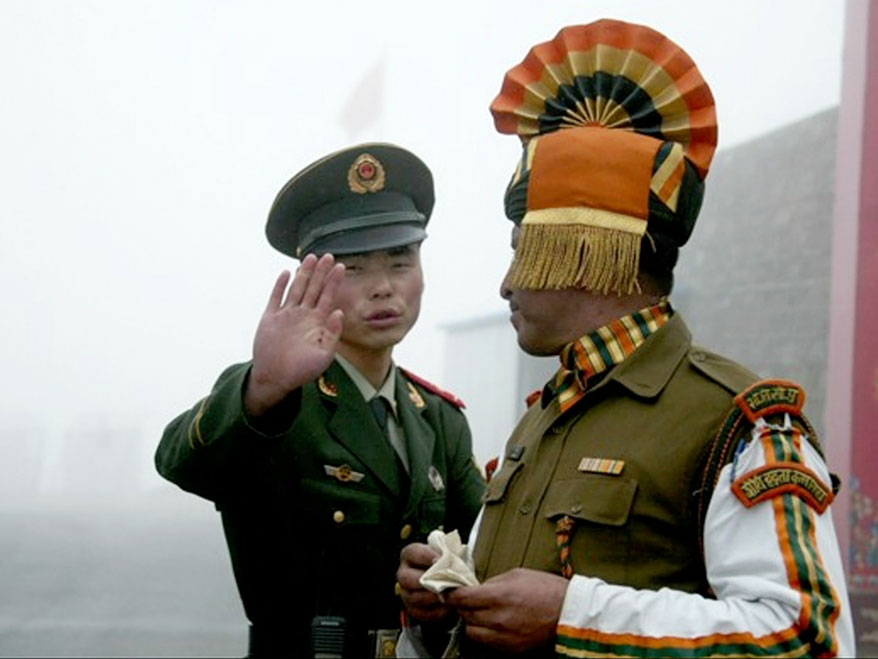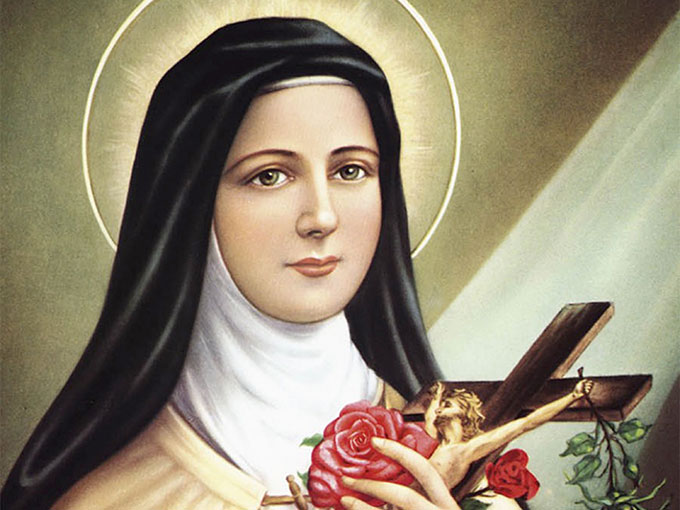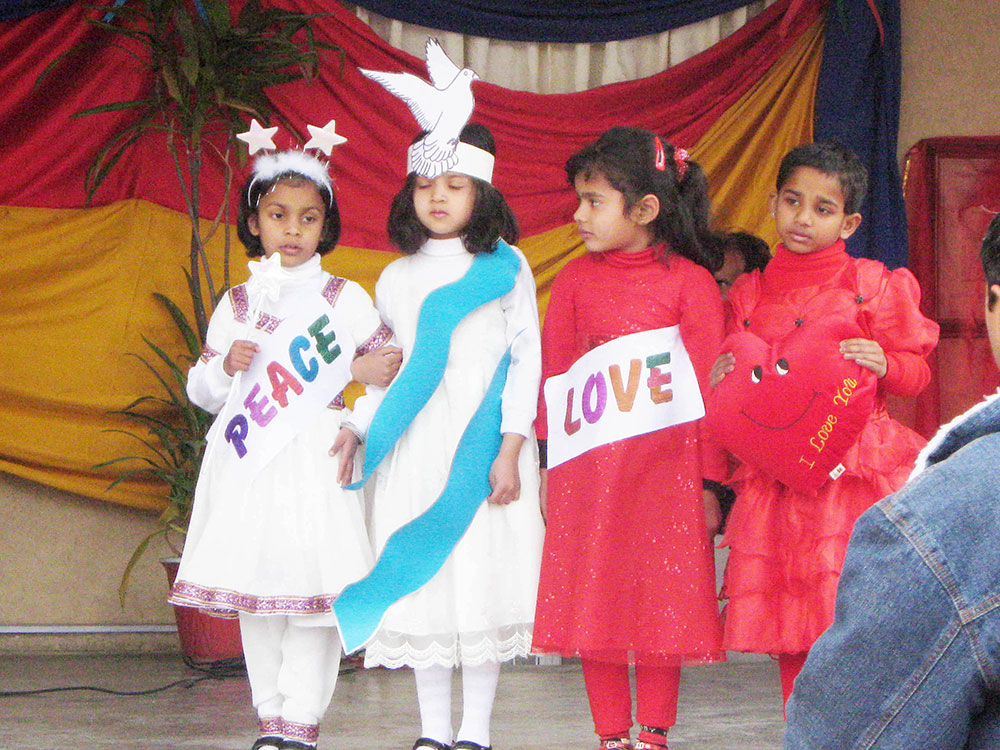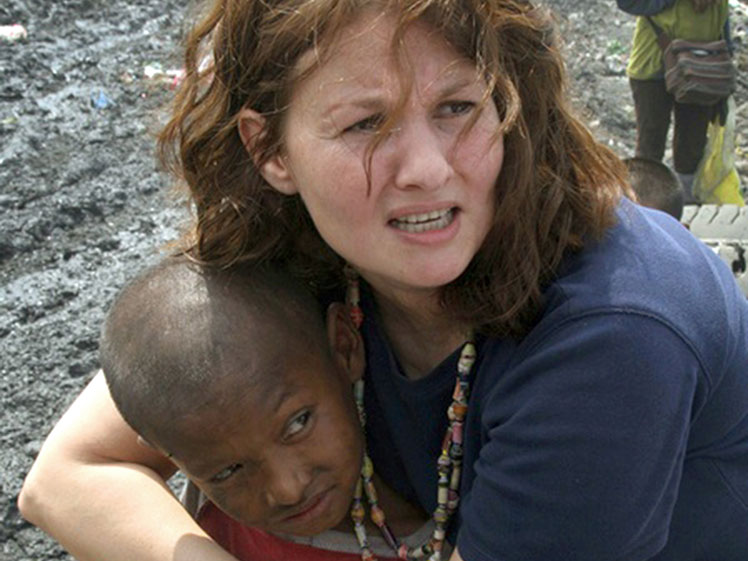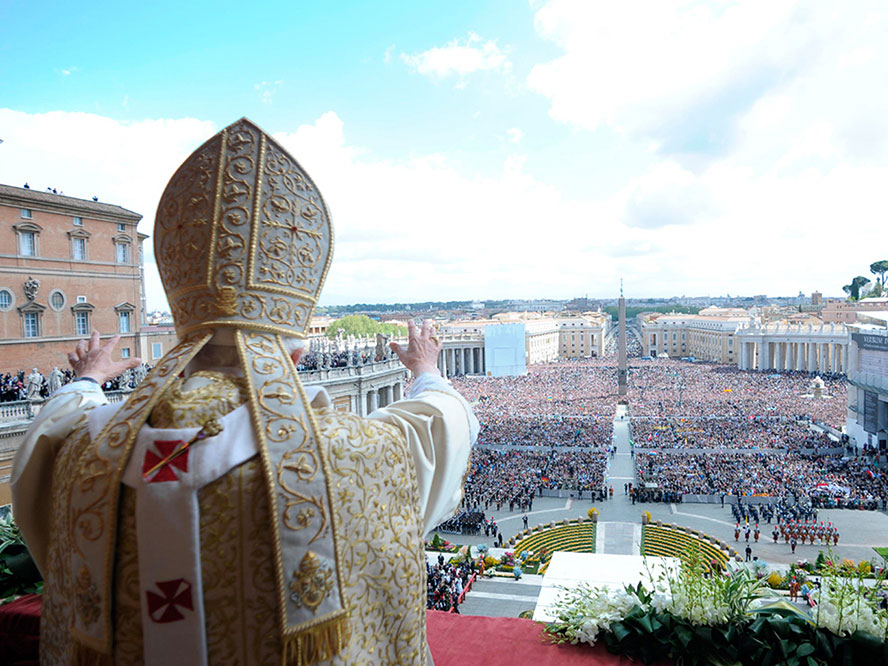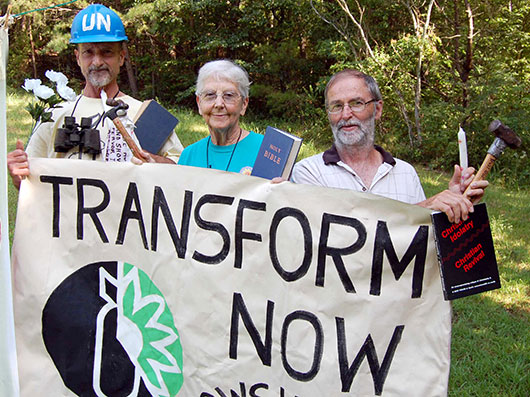No good deed remains unpunished. Peter, together with John, has healed the man in the name of Jesus and preaches the Gospel to the people. But both of them, as much as their Master who ended up on the cross only two months before, have no authority to teach. So, the supreme religious authorities throw them in prison, making them witnesses of the stone rejected by the builders which became the cornerstone. Right to their face they are announcing that that Jesus who was crucified by them is the Savior of the world. In the meantime, only in Jerusalem, the faithful are already five thousand.
The legitimate authorities are irritated at the outspokenness and impudence with which the two apostles are speaking. These illiterate commoners dare to teach the big ones who make the laws! Their only authorization is reality, which declares that they are right. The powerful would like to deny the miracle which happened, but they cannot: the healed crippled stands there, close to the two, as if evidence of a crime. Moreover, the happening is already well known in Jerusalem. What is important is that it may not be widely known or be repeated! For this reason, the authorities forbid the apostles to speak about Jesus. If Peter had complied with the instituted religious authority and not with his own conscience, Christianity would never have been born.
To open prohibition, open defiance. It isn’t “right in the sight of God to listen to you rather than to God”: “We cannot but speak of what we have seen and heard” (Acts 4:19–20). As soon as they were released, they broke the imposition to keep quiet and started immediately to speak freely. Again, Peter is arrested and, together, with him, all the apostles. To the high priest who again orders him to keep quiet, he asserts: “We must obey God rather than men” (Acts 5:29). The primacy of conscience and evidence over and above every authority is for every person a principle of freedom and responsibility.
“I am searching for freedom that is paid so dearly” (Dante Alighieri). Looking at the ancient and modern prophets, freedom is a rare commodity in the sacristies of power. In a world of slaves, where only the bosses are free, Paul makes of freedom the center of the Gospel: “Christ has set us free for freedom!” If we look for salvation from our laws “we have fallen away from grace.” ”For you were called to freedom, brethren,” for the whole law is fulfilled in one word: “You shall love your neighbor as you love yourselves.” All those who upset this freedom, imposing circumcision or any other thing, “may they mutilate themselves!” (Galatians 5:1.4.13.14.12). Religions pretend freedom for themselves; but rarely grant it to others!
“If you abide in my word, you are truly my disciples, and you will know the truth, and the truth will make you free” (John 8:31–32). Free is the Son: in contrast with the slave, He is the One who is loved and knows how to love. Our freedom comes from the One who loved us and gave Himself up for us. We are in such a need of unconditional love. If we don’t find it, we become slaves of whoever promises us crumbs which stir our hunger but do not satisfy it.
Freedom means intelligence free from errors and free from vices. All those who love power become slaves of its deceptions and fears. They tread on love and truth, raping reality in order to keep it under their control. This is what every authority, which is far from humility and service, does. Unfortunately, there are those who, with an attitude befitting the “Great Inquisitor,” consider freedom as a danger. But this is anti–Gospel. In fact, freedom is the best fruit of Christianity: it makes us children equal to the Father. This era of accomplished freedom is not a threat but an opportunity of better living out our faith. It gives us the responsibility of discerning what better profit us in loving and serving our brothers and sisters.
How many prescriptions and pretended religiosity are a screen that hides perversity (Cf. Colossians 2:20ff)! Why hinder “the law of freedom” (James 2:12) that makes us belong to each other in mutual love? May God open our eyes so that we may be able to see how, even today, God is working in history with what we tend to oppose. © Popoli – www.popoli.info
READ
Browse past isues
DONATE
Help the mission
SHOP
Support the mission
CONTACT
Get in touch





